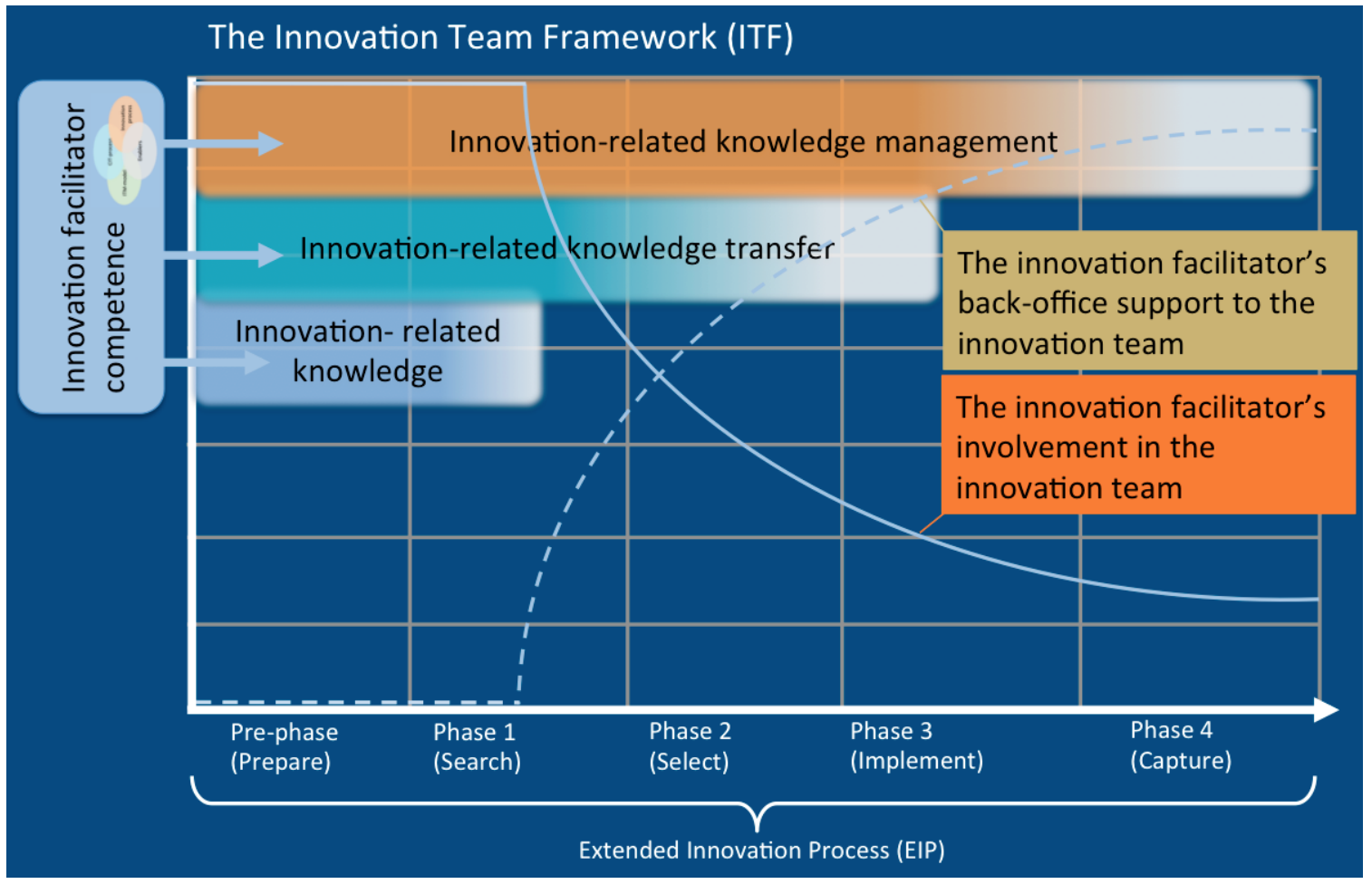
Innovation Enablers and Their Importance for Innovation Teams
- Post by: Tobias Larsson
- 12th October 2016
- No Comment
ABSTRACT
The aim of this research is to develop an understanding of factors that enable innovation teams to conduct agile innovation work in an industrial context. The background and reason for this research are not only that innovation is necessary for companies that want to stay in business, but also that these companies need to increase the speed of their innovation work to stay competitive. Research has demonstrated that cross-functional (X-functional) innovation teams are fast and agile, and are therefore assumed to be suitable for these activities. Still, there is much knowledge to be gained.
Prior research has identified factors that are seen as important from an organizational, team, and individual perspective to enable teams to work with potentially innovative outcomes. However, in cases where teams have been created with the purpose of conducting innovation work, i.e. innovation teams, problems related to e.g. performance and learning have occurred, and the innovation work has stopped shortly after conducted research projects due to the high level of complexity.
The research question (RQ) that this thesis explores is the following: “Which innovation enablers are important for innovation teams when conducting agile innovation work in an industrial context?” Based on the RQ, two sub-questions are formulated and operationalized to answer the RQ.
Qualitative data have been collected from five innovation teams in two phases. Two innovation teams in two small- and medium-sized enterprises (SMEs) were studied in the first phase to clarify the situation for innovation teams before innovation work is begun. In the second phase, which built on the first one, three innovation teams in a large industrial company were studied as they conducted three separate innovation projects.
This research revealed five main findings: first, knowledge about important innovation enablers (Enablers) revealed from a literature study; second, the Innovation Team Model (ITM), demonstrating innovation teams before innovation work is begun in relation to the individuals and organization in a holistic way; third, the innovation team creation process (CIT-process), a stepwise process in how to create an innovation team; fourth, the innovation facilitator, who supports and facilitates the innovation team throughout the CIT-process and the innovation projects; and fifth, the Extended Innovation Process (EIP), an extension of the traditional innovation process by a pre-phase, i.e. a Preparation-phase, to gather and prepare the innovation teams for forthcoming work. The findings regarding the importance of the CIT-process, the EIP, and the innovation facilitator were unexpected.
The findings formed the Innovation Team Framework (ITF), which represents all of the findings in relation to each other. The EIP is used as the basis for which the other innovation enablers are provided to the innovation teams through an innovation facilitator’s competence throughout the innovation project. The ITF is multidimensional: it could serve as a tool to describe both the simplicity and the complexity when creating an innovation team and forthcoming work and activities.
All separate findings within this research contribute to prior research in individual ways, however, the ITF is the main scientific contribution of this study to Innovation management.
Practitioners can use the ITF as a complement to already established methodologies for product development or similar; however one should be aware of the limited nature of the data set that served as the basis for analysis and development of the ITF.
Further studies regarding the ITF and its detailed models and processes are suggested.
KEYWORDS
Innovation team, Innovation group, Cross-functional, Multi-funtional, Innovation enabler, Innovation process, Group development, Facilitator, Competence
CITATION
Johnsson, M., (2016). Innovation Enablers and Their Importance for Innovation Teams. Blekinge Institute of Technology Doctoral Dissertation Series, ISSN 1653-2090 ; 7
